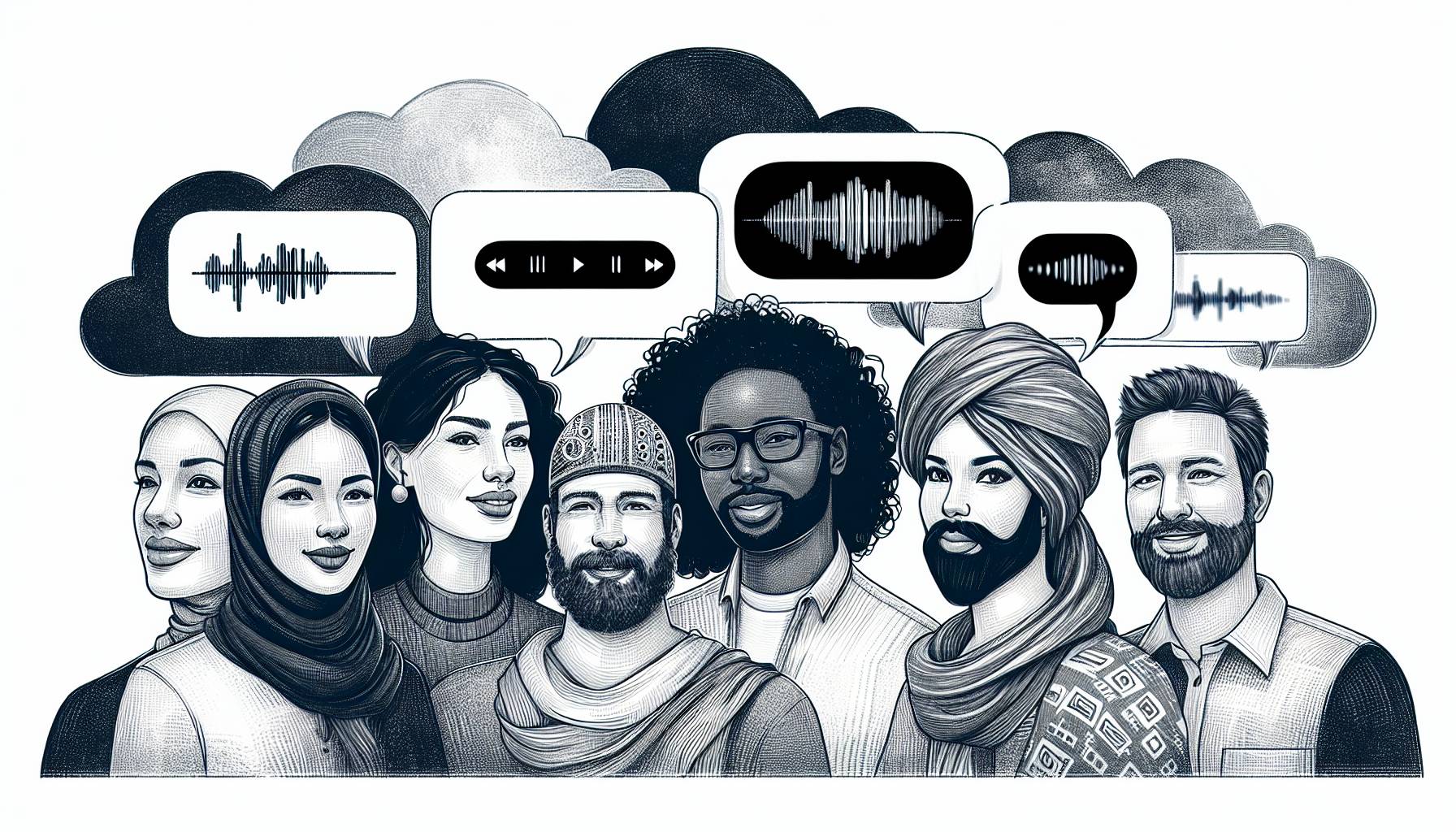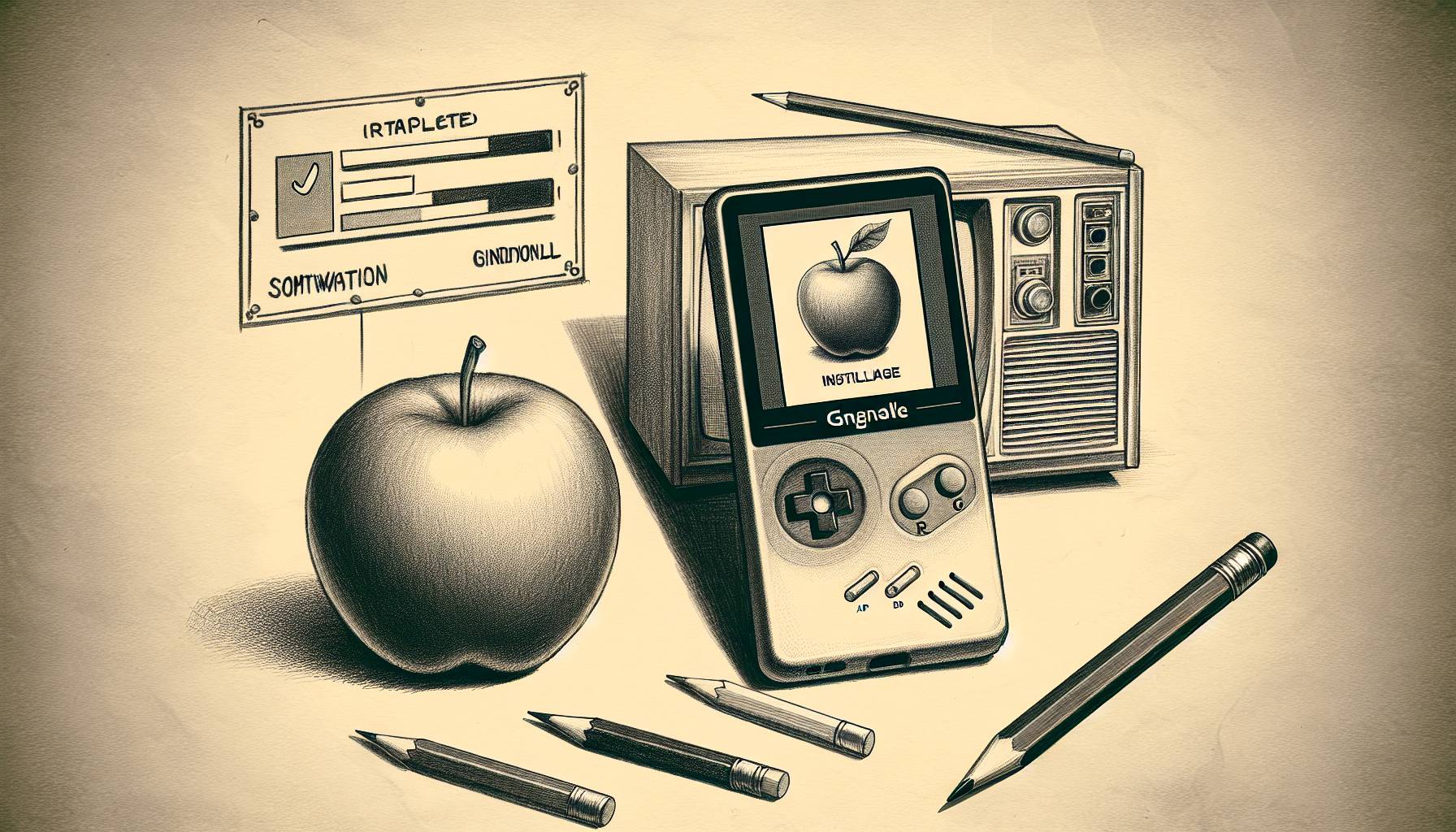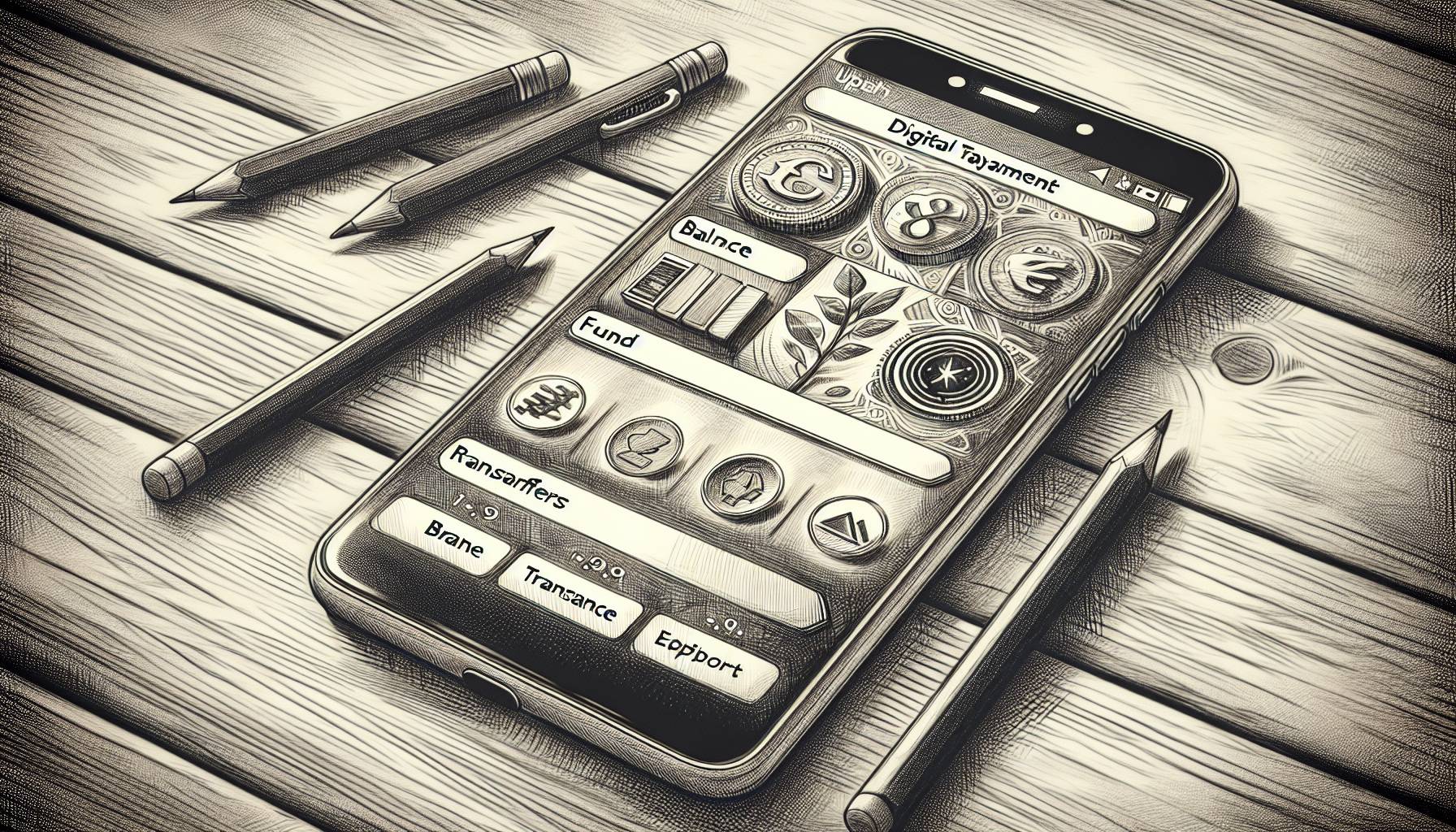Whether your kid is studying civics, geography or history, there are a plenty of mobile applications that complement and help visualize traditional social studies coursework. Here are our favorite options, which are accessible to elementary, middle and high school-aged students.
iCitizen (iOS Android Free, Ages 10-18)
iCitizen is a resourceful mobile app for introducing students to governance and inspiring dutiful citizenship. This free service provides up-to-the-minute news and allows users to customize feeds around specific political, social, and economic issues. This alone makes it an amazing supplement for students researching ongoing debates on current event topics. Additional features include opinion polls, in-depth information on the latest legislation, and multiple methods for tracking and interacting with elected officials. With the teacher guidance and encouragement, students can truly embrace iCitizen’s “Make your voice count” slogan!
Britannica Kids: US Presidents (iOS $0.99, Ages 4-18)
The Britannica Kids: US Presidents iOS app is packed with practical and educational content. The app boasts profiles for every U.S. president, details of their respective terms, quizzes, and a “Hail to the Chief” sing-a-long that will inspire students on the younger end of the spectrum to learn more. There are even facts about the Oval Office, The Secret Service, and the White House’s famous bowling alley. The expertly executed presentation and in-app flow is what educators have come to expect from Britannica’s suite of mobile offerings.
Today’s Document (iOS Android Free, Ages 8-18)
A mobile app published by the United States department of National Archives and Records Administration, Today’s Document delivers one historical document or photo for each day of the year. Through this interactive and informative experience, students can favorite documents for later reference, tap the information button to add context to the image, and access materials by date. Today’s Document also has a search bar at the bottom of the app, although it is initially hard to spot when using an iPad. This feature is one of the most useful for students looking researching primary documents for papers.
World History (Android $4.20, Ages 12-18)
One of the best ways to see concurrent historical events is on a timeline. The World History Android app takes Wikipedia articles and plugs them into an easy-to-follow, color-coded timeline. While the free and crowdsourced online encyclopedia is still frowned upon by most educators, seeing history visually unfold might make the difference for some students. Developer solvapps applied a similar approach for connecting text-based articles and visuals with World History Atlas ($6.20), which adds maps to the mix. If you want to test the app before spending a cent, the developer encourages you to download the trial version first.
Stack the Countries (iOS Android $1.99, Ages 9-11)
Updated over the summer, Stack the Countries tasks younger students to build continents one country at a time. Apart from identifying countries and their continents, quizzes are great for learning about the flags of all countries, landmarks, languages, and capitals. The whole family can participate and learn loads of new information. While the geography is pertinent to the game and quizzes, kids can develop an international sensibility using Stack the Countries. This app will hopefully push them toward being more informed when they catch international news reports and inspire the next generation of diplomats.












